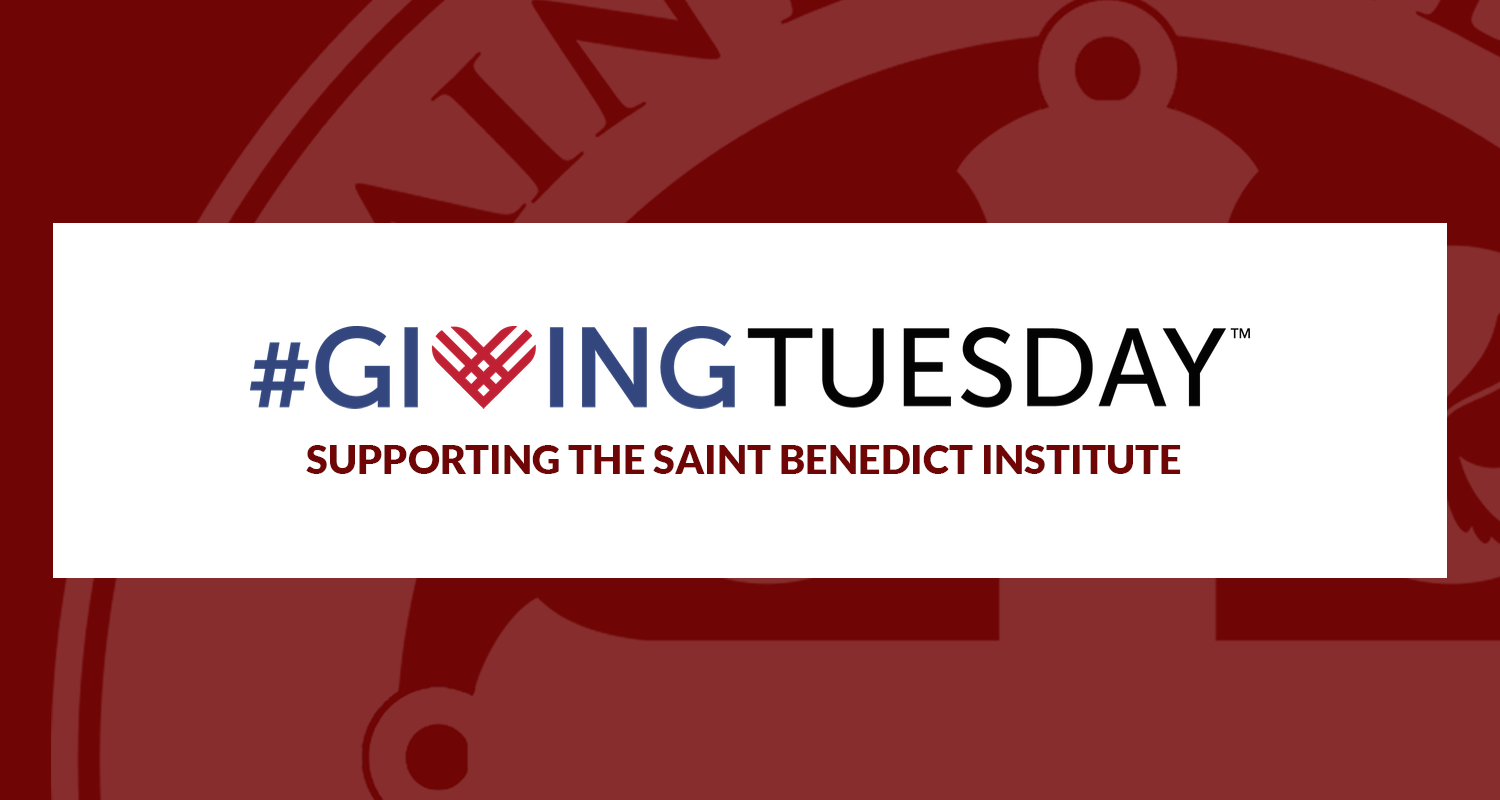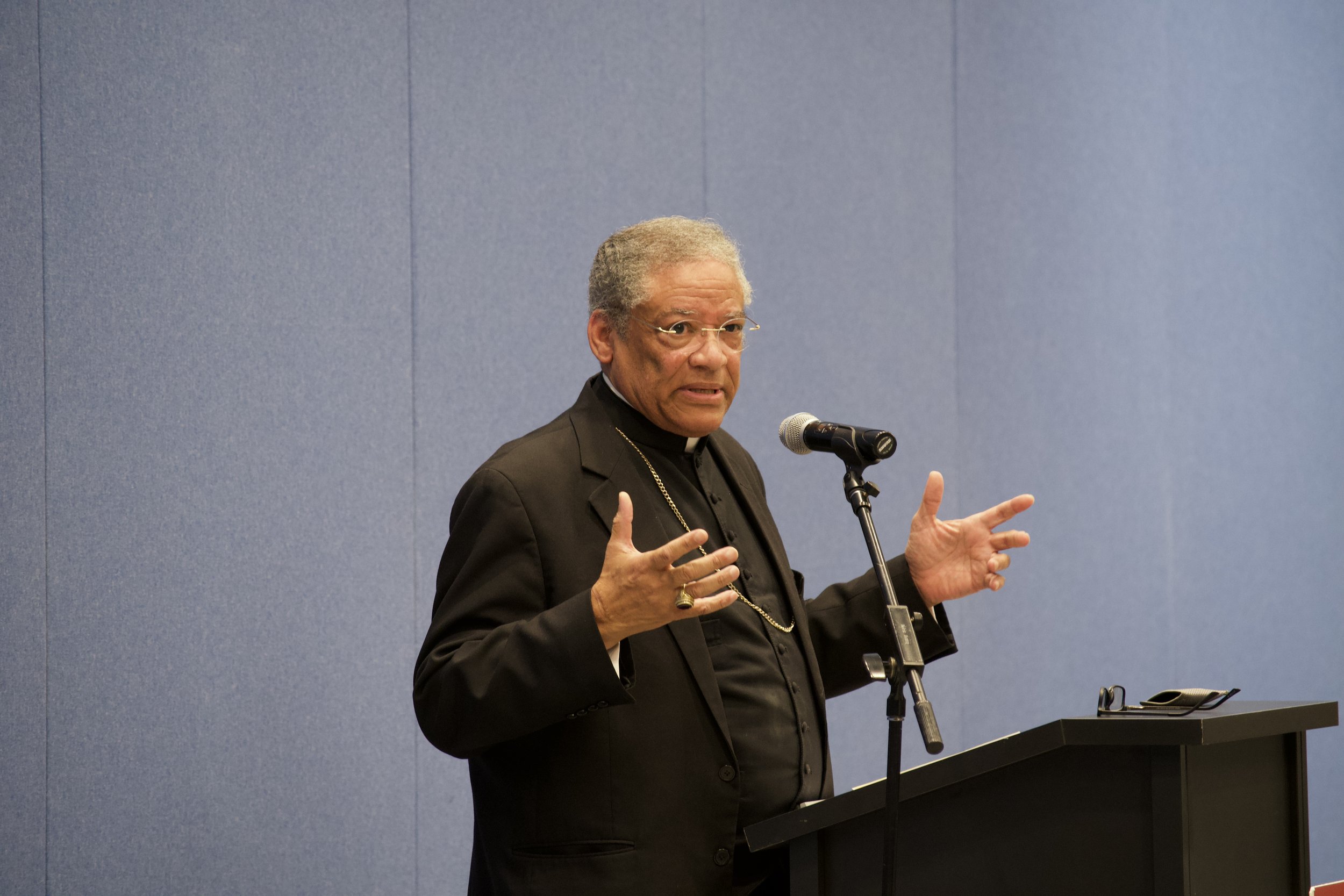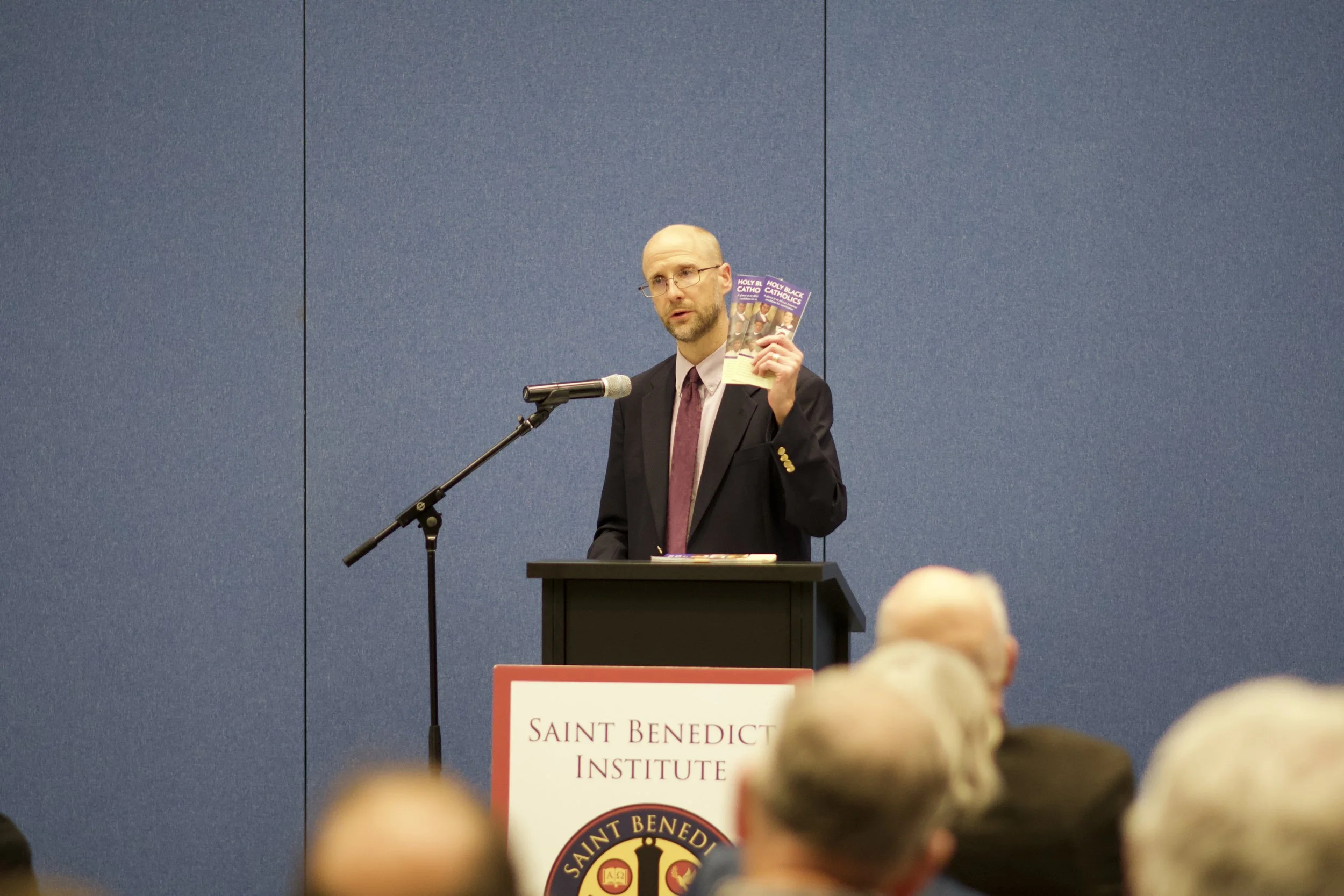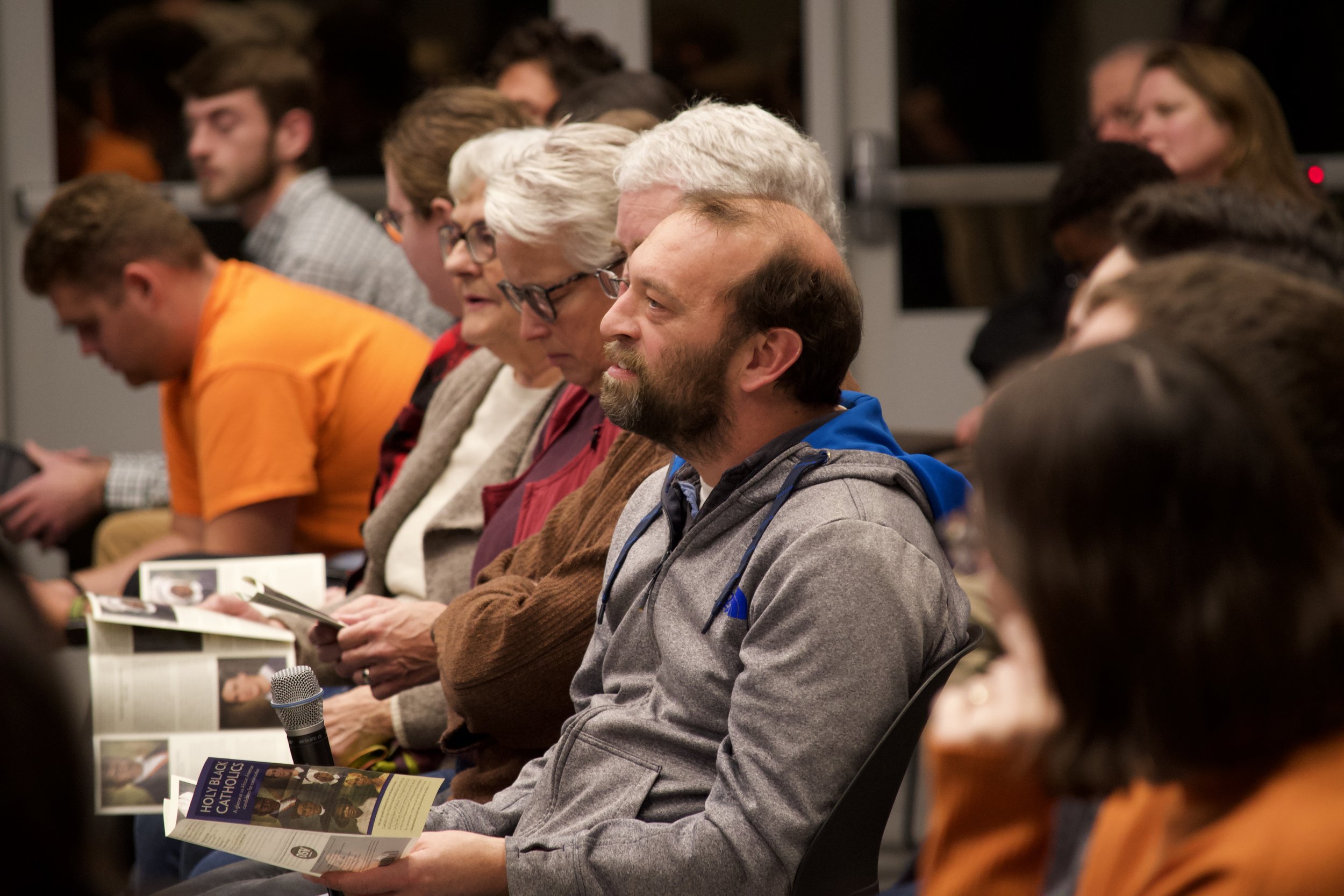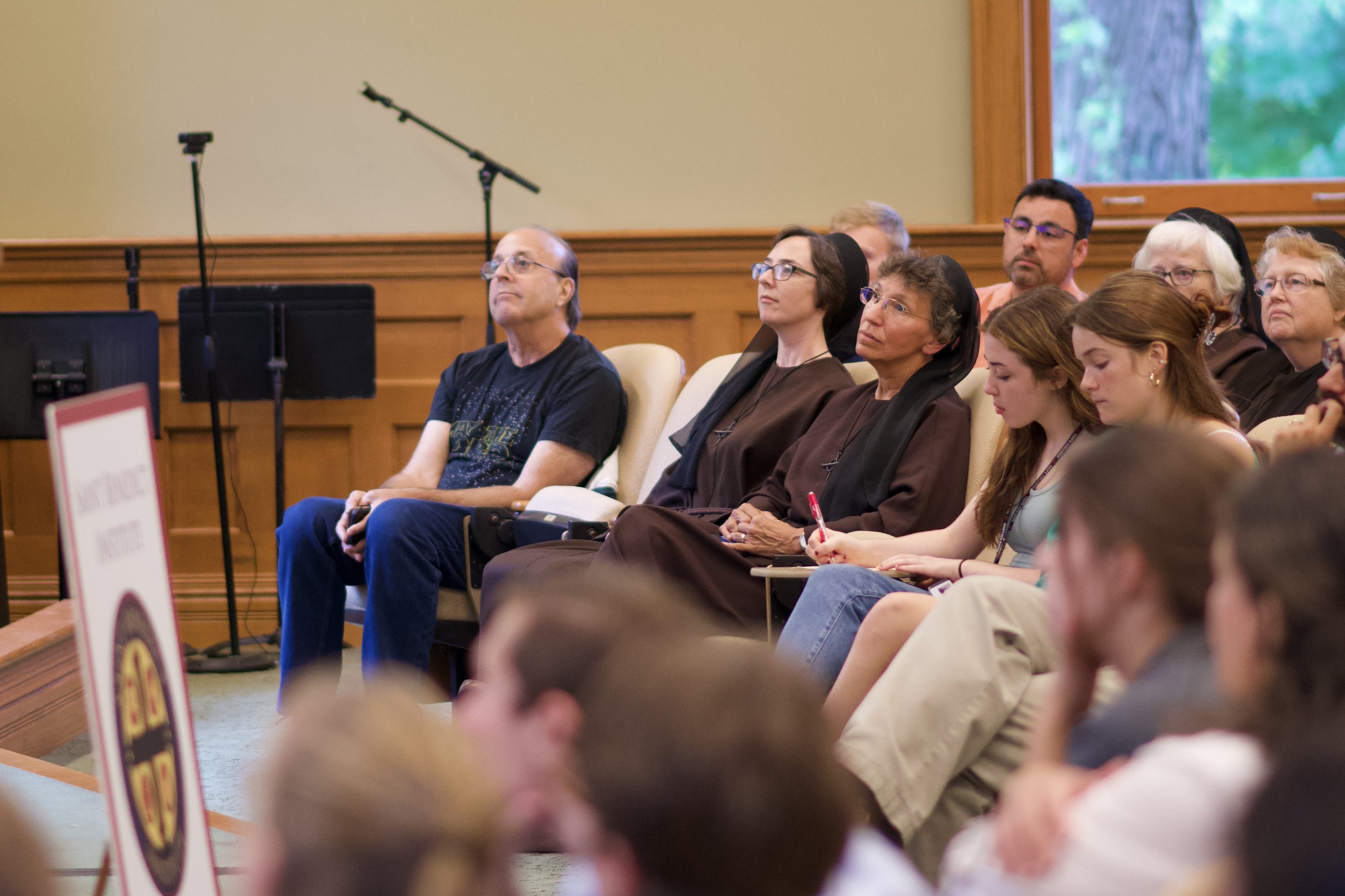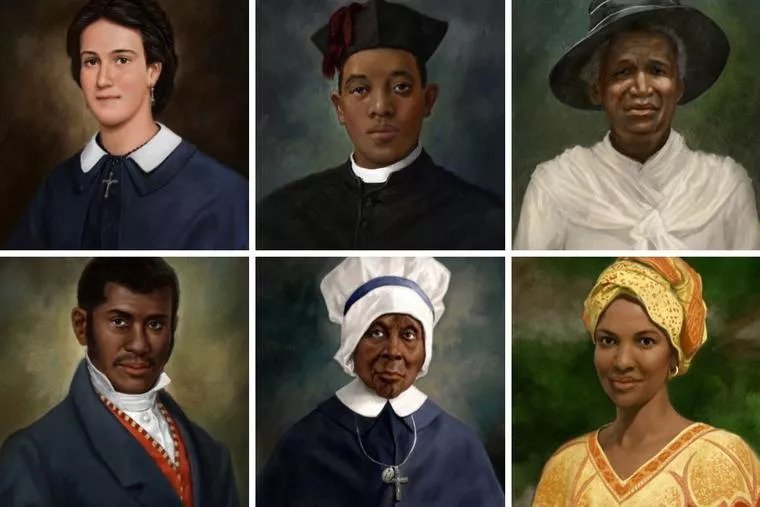“The Christian religion is gritty,” explains Professor Ortiz. “God became flesh and appeared as a baby born in a barn in a forgotten corner of the Roman empire. He lived through every stage of human existence—from a little tiny embryo to a full-grown adult—in order to restore every stage of human life back to communion with God. He was killed on a cross and buried in a stone tomb, but he rose from the dead and ascended into heaven. God did this to save us, that is, to redeem us from sin and death so that we might be healed and made “partakers of the divine nature” (2 Peter 1:4). This is the great mystery of Christianity: God became what we are so that we can become what he is. The exhibition curated by my students explores the many ways that God enters into created reality to transform it for our salvation.”
The exhibition is divided into five thematic sections: Incarnation, Sacraments, Saints, End Times, and the Global Church. Each section contains a selection of artworks that illustrate different aspects of the section’s theme. The artworks were chosen by the five student curators both for their relevance to the themes and for their aesthetic qualities and how they look displayed together. "As a student curator, I was surprised and delighted by how much Catholic artwork was available for us to choose from,” said Karlie Platz. “The pieces we considered came from all over the world and were varied in their artistic style, reminding me of the universality and diversity of the Catholic Church. I think the artwork we chose reflects visibly the often invisible reality of a God who has entered and always continues to enter into our human condition. It was a pleasure and an honor to be part of this exhibition, and I hope visitors are as moved when viewing it as I was when selecting it."
Among the highlights of the exhibition is an astonishing engraving created by French artist Claude Mellan in 1649. It depicts the Veil of Veronica, a cloth that is said to have had the face of Jesus Christ divinely imprinted on it after it was used by a kindly woman to wipe Christ’s face as he was carrying the cross to Golgotha. The entire image of the cloth with the holy face is depicted using a single line that spirals outward from the tip of Christ’s nose, a remarkable feat of printmaking that has to be seen in person to be fully appreciated. Another notable artwork in the exhibition is a splendid silver monstrance—a vessel used to display the Eucharistic host—that was created by artists in the Philippines in the late eighteenth century. This exhibition marks the first time this monstrance, and several other artworks, have been made available for public viewing.
The Kruizenga Art Museum is located at 271 Columbia Avenue, between 10th and 13th streets. Public visiting hours are Tuesdays through Saturdays from 10 a.m. to 4 p.m. Admission to the museum is always free.
The Kruizenga Art Museum functions as an educational resource for Hope College and the greater West Michigan community. The museum features two public galleries as well as a study room and climate-controlled storage space for its 7,000-object permanent collection. It is named in honor of a leadership gift from the late Dr. Richard and Margaret Kruizenga of Holland, both of whom graduated from Hope in 1952.





















